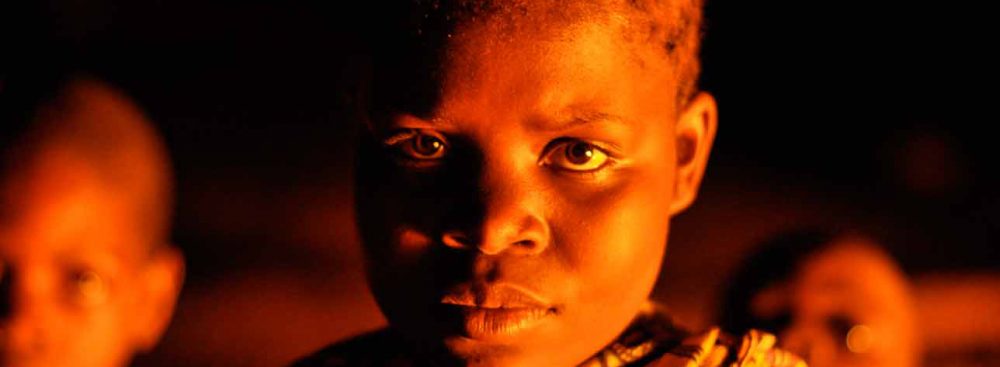 Photo courtesy of UN Live United Nations Web TV
Photo courtesy of UN Live United Nations Web TV
On Tuesday 23 April, the Security Council voted for a new thematic resolution on Women, Peace and Security (WPS). From a German perspective, the event was particularly relevant as it was organized during the German presidency of the Security Council and chaired by our foreign minister Heiko Maas. Despite some difficulties with the names of people and organizations (watch here), the well-prepared event was somewhat glamorous as two Nobel Peace Prize laureates Nadia Murad and Denis Mukwege, human rights lawyer Amal Clooney and, indirectly (through an Op-Ed in the Washington Post) Angelina Jolie participated. On an international level, relevance came, first, because WPS is important; secondly, because WPS resolutions are still relatively rare – this being only the 9th in almost twenty years; and, thirdly, because the proceedings around the resolution demonstrated everything that is wrong with the Security Council. The disproportionate veto power of the Council’s permanent five members proved to be the problem once again. The usual suspects Russia and China abstained from the vote but it was the Trump administration that blocked language on sexual and reproductive health – an important aspect of care for victims of rape but vehemently opposed by the White House on the grounds that it supported abortion (by rape victims!!!). The BBC has described the US’ actions pointedly as “watering down the resolution” and the French UN ambassador Francois Delattre scathingly commented that “We are dismayed by the fact that one state has demanded the removal of the reference to sexual and reproductive health … going against 25 years of gains for women’s rights in situations of armed conflict.”
Several members states also were uncomfortable with the proposed working group on sexual violence that would have increased accountability of perpetrators through its monitoring function. Russia, China and the US reportedly felt that this part of the resolution would have come with too many negotiations and reporting obligations. Needless to say that the proposed part on the improved protection for LGBT people also did not pass. The US has joined Russia and China in their suspicion against the word “gender” and together they now oppose the liberal promotion of transgender rights. China and Russia even reasserted their aversion to human rights by proposing their own resolution on sexual violence in conflict.
At the end, many were disappointed by the resulting resolution. To reference the words of Mrs. Clooney: the Security Council missed their “Nuremberg moment” – their chance to stand at the right side of history.
German UN Ambassador Christoph Heusgen subsequently defended his country’s compromising – he would probably say ‘cooperative’ – approach, arguing that gradual progress was better than none. He reasoned that it was better to have no language on sexual and reproductive healthcare than weakening the already existing language in a previous resolution (2106), to which the new resolution refers explicitly. And to be fair, resolution 2467 did call for more support to children born as a result from conflict-related rape and their mothers. It also repeatedly mentions men and boys as victims of sexual violence, as male victims had previously been ignored. After all, gradual progression has been the mode of the Council since its inception.
